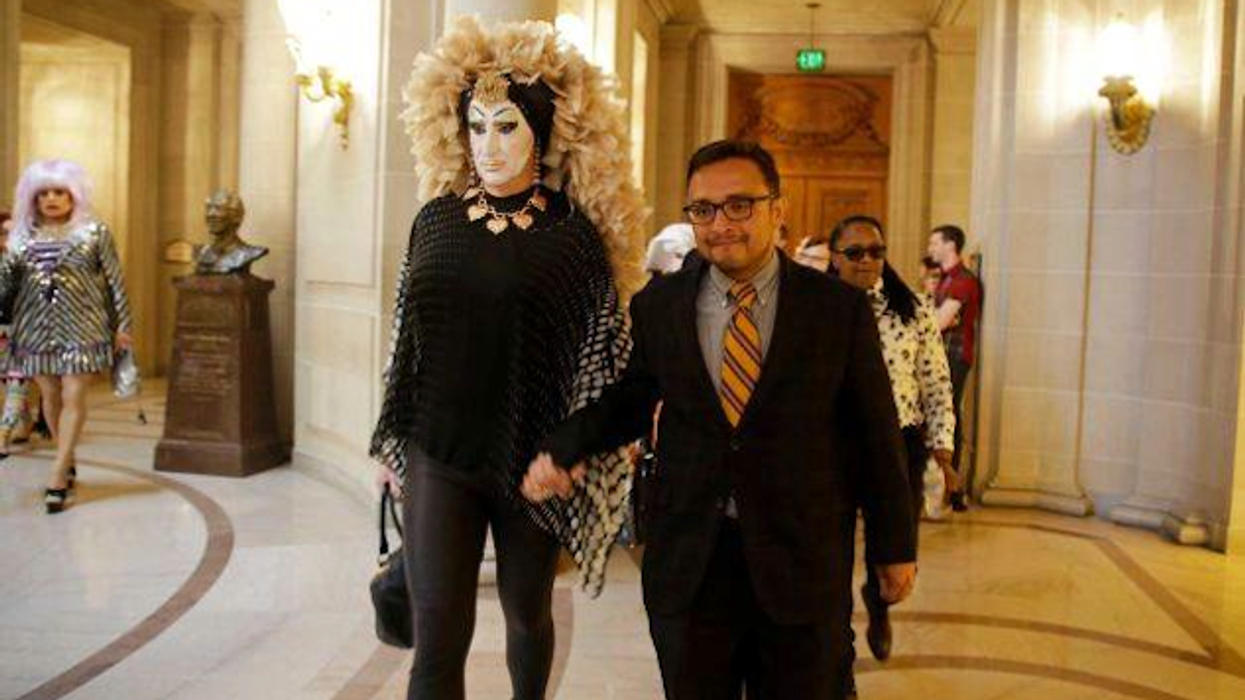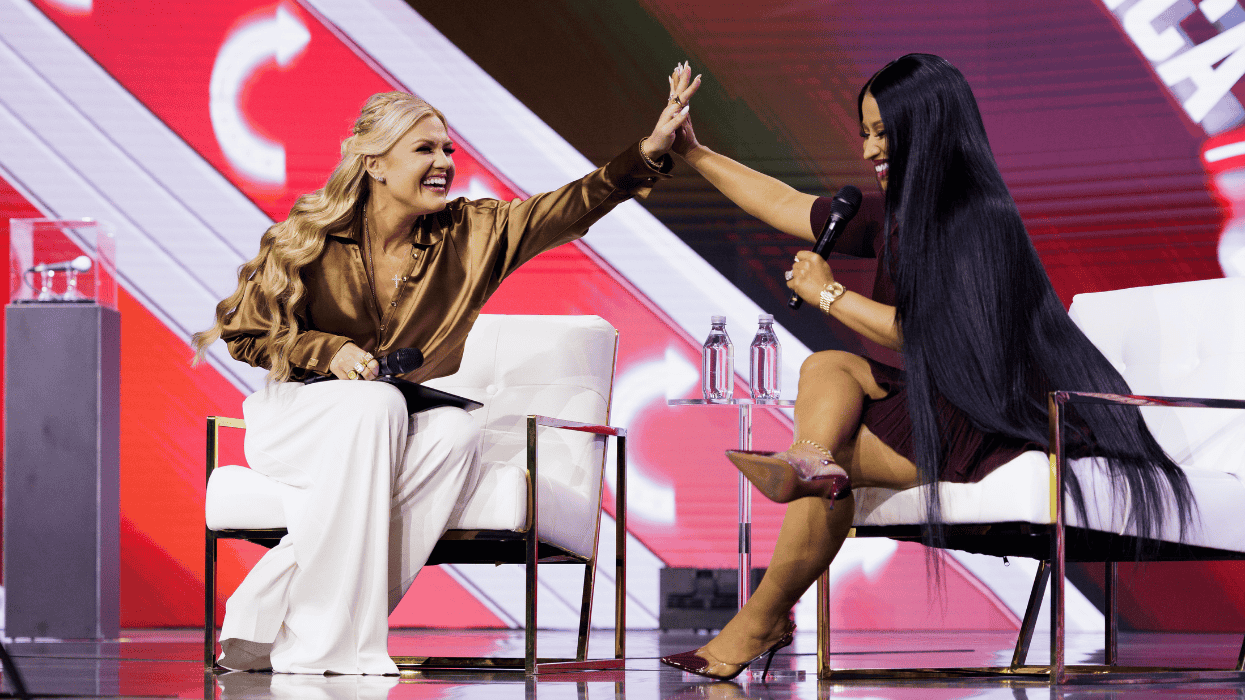Photo: Via Roma's Facebook page
After two weeks of protest from San Francisco drag performers and members of the LGBTQ community, Facebook has promised to change how they enforce their real names policy.
Christopher Cox, Facebook's product chief, posted an apology to all of those whose accounts were deactivated in the recent sweep. "I want to apologize to the affected community of drag queens, drag kings, transgender, and extensive community of our friends, neighbors, and members of the LGBT community for the hardship that we've put you through in dealing with your Facebook accounts over the past few weeks," writes Cox.
In September, Facebook deactivated the accounts of hundreds of drag queens whose accounts had been reported as fake. Cox claims "an individual on Facebook" reported the accounts and that since Facebook gets "several hundred thousand" reports of fake accounts each week, Facebook followed its usual protocol for verifying the accounts: asking for proof of I.D. by requiring the submission of a bank statement, gym membership, etc.
Facebook then suggested that those affected create fan pages for their drag personas, but that idea didn't go over well.
Cox claims that this policy helps weed out "bad actors doing bad things."
"We believe this is the right policy for Facebook for two reasons," explains Cox in his apology. "First, it's part of what made Facebook special in the first place, by differentiating the service from the rest of the internet where pseudonymity, anonymity, or often random names were the social norm. Second, it's the primary mechanism we have to protect millions of people every day, all around the world, from real harm."
It's worth noting that Facebook's business plan is contingent upon people using their real names. "Knowing its users' real identities has been central to Facebook's business model," writes Reed Albergotti in the Wall Street Journal. "Which involves building detailed profiles of people so it can send them targeted advertisements based on their personalities."
Cox claims that Facebook's policy "has never been to require everyone on Facebook to use their legal name" and that "the spirit of our policy is that everyone on Facebook uses the authentic name they use in real life." This is somewhat belied by Facebook's terms of service, which that people must use their name "as it would be listed on your credit card, driver's license or student ID."
The policy is commendable in many ways--bullying and cyber-bulling are a huge issue for LGBTQ youth--it's rigid enforcement denies transitioning people and drag queens the right to express their identities.
Though Facebook has apologized, the real name policy is not going away. Rather, the way it is enforced is going to change. "We see through this event that there's lots of room for improvement in the reporting and enforcement mechanisms, tools for understanding who's real and who's not, and the customer service for anyone who's affected," posts Cox. "These have not worked flawlessly and we need to fix that. With this input, we're already underway building better tools for authenticating the Sister Romas of the world while not opening up Facebook to bad actors."
Sister Roma, who was the first person to speak out about being kicked off the social network, is pleased with the result. "I sincerely believe that Facebook hears our concerns and I know that they have been working diligently to explore ways to modify their policies and procedures globally to create an authentic and safe environment for all users," Roma posted on her Facebook page.
Furthermore, today's protest, scheduled for noon, has now become a "victory rally."






























